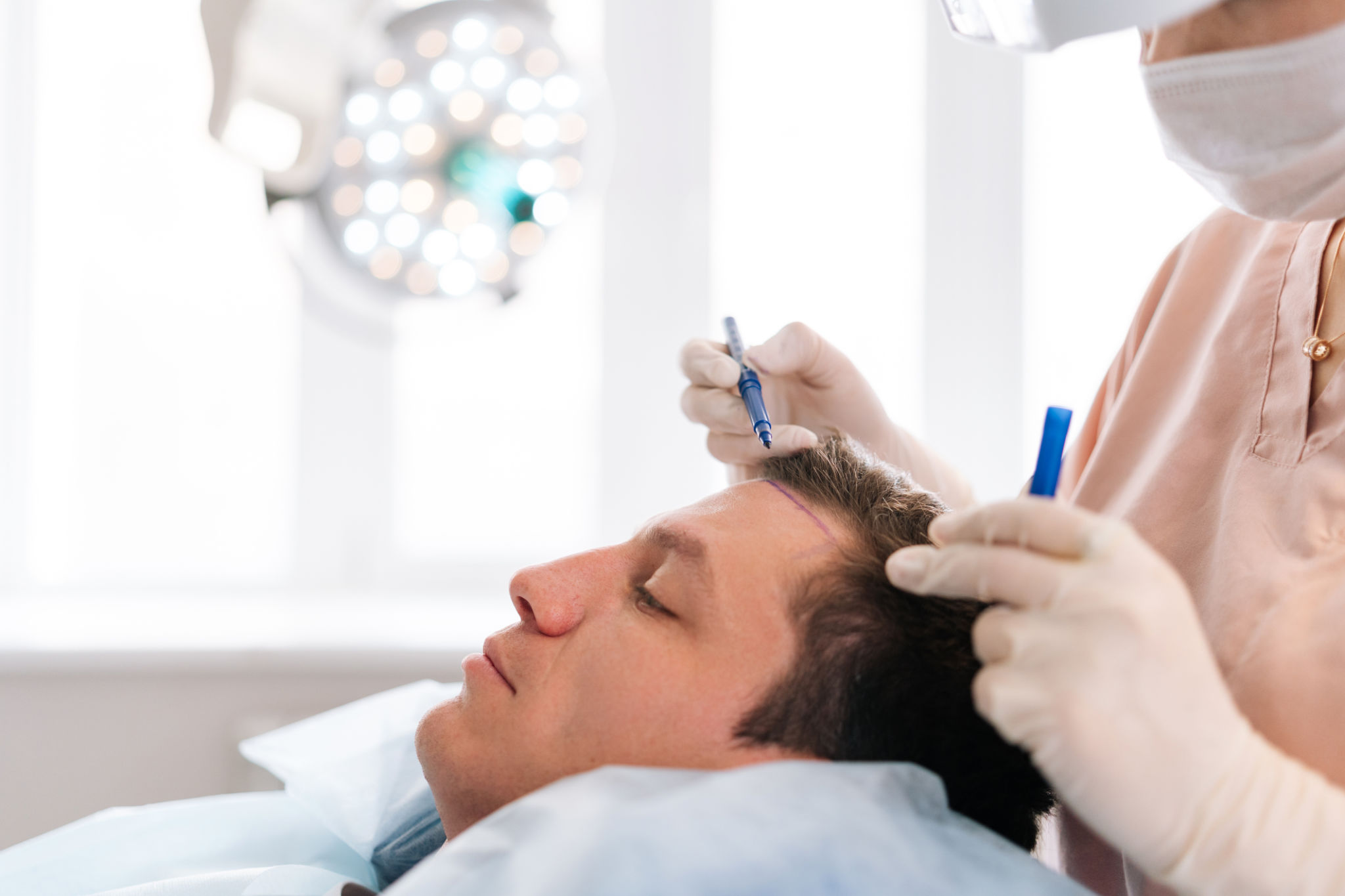How Seasonal Changes Affect Hair Transplant Recovery in Turkey
Understanding Hair Transplant Recovery
Undergoing a hair transplant is a significant decision, and understanding the recovery process is crucial for anyone considering this procedure. One of the factors that can influence recovery is the seasonal changes in your location, especially if you're having your treatment in a country like Turkey, known for its distinct seasons. Each season presents unique challenges and benefits that can impact the healing process.

Spring: A Season of Renewal
Spring in Turkey is typically mild, making it an ideal time for hair transplant recovery. The moderate temperatures allow you to enjoy outdoor activities without exposing your scalp to extreme weather conditions. Additionally, the increased humidity can aid in keeping your skin hydrated, promoting faster healing. However, it's essential to protect your scalp from sudden rain showers that are common in spring, as moisture can interfere with the healing process if not managed correctly.
Summer: Protecting Your Scalp
Summer brings with it higher temperatures and increased sun exposure, both of which can be detrimental to hair transplant recovery. It's crucial to avoid direct sunlight on your scalp to prevent sunburn and potential damage to the grafts. Wearing a loose-fitting hat is recommended when venturing outdoors. Additionally, sweating can increase during summer, which may lead to discomfort or infection if not addressed promptly.

It's also important to stay hydrated and avoid excessive sweating by engaging in intense physical activities. If you're planning a summer hair transplant, consider spending more time indoors during peak sun hours and using a gentle, hydrating shampoo to keep your scalp clean.
Autumn: Ideal Conditions for Healing
The cooler and more stable climate of autumn in Turkey provides a comfortable environment for healing post-transplant. The reduced humidity and moderate temperatures minimize the risk of infection and irritation. This season offers an excellent opportunity to focus on scalp care without the added stress of extreme weather. Monitor your scalp for any signs of dryness as the weather cools, and adjust your hair care routine accordingly.

Winter: Navigating Cold Weather
Winter poses its own set of challenges for hair transplant recovery due to the cold and dry air. It's essential to keep your scalp moisturized to prevent dryness and flaking. Wearing a warm but breathable hat can help protect your scalp from the cold while ensuring good air circulation around the grafts.
Additionally, indoor heating can contribute to dry air, so using a humidifier at home can help maintain optimal humidity levels. Be cautious when engaging in winter sports or activities that might expose your scalp to harsh conditions.
Conclusion
The success of a hair transplant depends significantly on how well you manage your recovery process, which includes considering seasonal changes. By understanding and preparing for the challenges each season presents, you can ensure a smoother recovery experience in Turkey. Always consult with your healthcare provider for personalized advice on managing your post-transplant care throughout the year.
